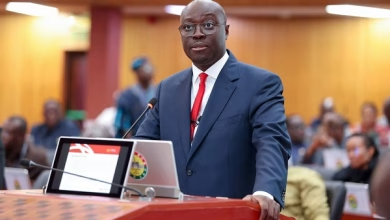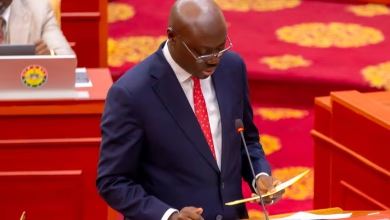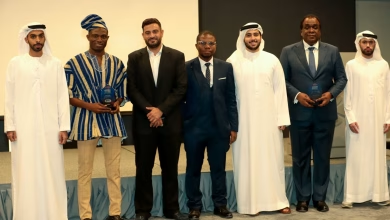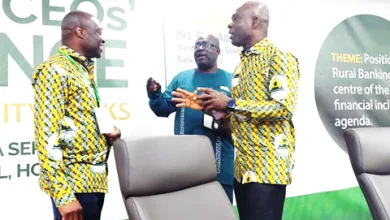CRIG Scientist Gives Evidence in COCOBOD Financial Loss Case
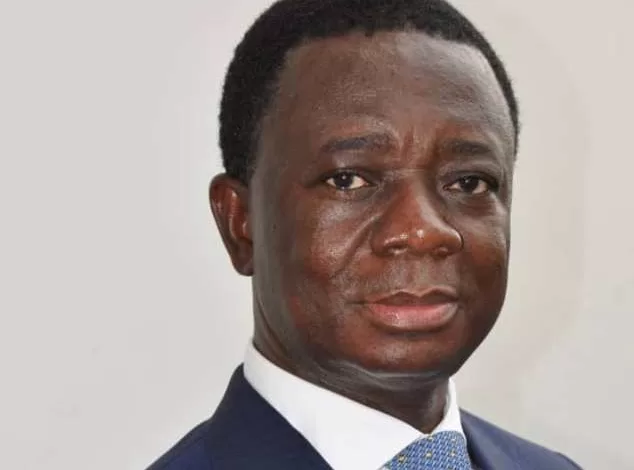
- Scientists tested lithovit fertiliser before Dogbatse joined COCOBOD in 2013
- COCOBOD trial has lasted over six years, with multiple judges presiding.
- Dr Opuni and Agongo accused of causing GH¢271m financial loss to state.
A witness, Mr Jerome Agbesi Dogbatse, told the Accra High Court that scientists tested and completed work on lithovit fertiliser before he joined the Ghana COCOBOD on November 4, 2013. He was giving testimony in the case, in which Dr Stephen Kwabena Opuni, former Chief Executive Officer (CEO) of COCOBOD, is being prosecuted together with Seidu Agongo, the Managing Director of Agricult Ghana Limited, a fertiliser manufacturing company, for alleged procurement breaches and supplying substandard fertiliser.
Dr Opuni and Agongo have been accused of causing GH¢271 million financial loss to the state through procurement breaches and supplying sub-standard fertiliser to COCOBOD. Mr Dogbatse, a research scientist at the Cocoa Research Institute of Ghana (CRIG), told the court presided over by Justice Aboagye Tandoh that he was invited by the Financial Forensic Unit of the Criminal Investigations Department (CID) and questioned about lithovit.
He said after the interrogation, the police took his written statement. Mr Dogbatse told the court that he was also invited by a Cocoa Committee, chaired by Dr Adu Ampomah, the Deputy Chief Executive of Agronomy and Quality Control of COCOBOD in 2017. Mr Dogbatse holds a Master’s Degree in Soil Science and currently a PhD student in Agriculture at the University of Ghana, Legon.
He said he told the Cocoa Committee that when he resumed work, he was taken to the nursery where some work had been done on lithovit. He said at the nursery, seedlings treated with different fertilisers, including lithovit, were leafy, while those that were untreated were not doing well. According to him, the scientists tested and completed work on lithovit fertiliser before he joined COCOBOD.
The COCOBOD trial had dragged on for more than six years. Justice Clement Jackson Honyenugah, a retired Supreme Court Judge, was the first trial judge until he went on retirement. The case docket was later assigned to Justice Gyimah Boadi, who at the outset decided to conduct fresh trial because of what he considered as “suspicions and allegations” from the parties concerned.
Justice Boadi was subsequently transferred and the case was assigned to Justice Aboagye Tandoh. Before then, the Attorney-General and Minister of Justice, Godred Yeboah Dame, appealed the decision of Justice Boadi to conduct fresh trial and later in a ruling, a three-member panel of judges overturned the decision to start the trial afresh.
In March 2018, the Attorney-General charged Dr Opuni and Agongo with 27 counts for allegedly engaging in illegalities that caused financial loss of GH¢271.3 million to the state, and led to the distribution of sub-standard fertiliser to cocoa farmers. The two accused persons have pleaded not guilty to all the charges and are on bail.
The prosecution, led by the Attorney-General, Godfred Dame, has called several witnesses, including Dr Adu Ampomah, the Deputy Chief Executive of Agronomy and Quality Control of COCOBOD, and Dr Arthur Dodoo, a scientist at the Cocoa Research Institute of Ghana (CRIG). The case is still ongoing.
Mr Dogbatse’s testimony is significant because it sheds light on the testing and approval process of lithovit fertiliser, which is at the heart of the prosecution’s case. The prosecution alleges that Dr Opuni and Agongo conspired to supply sub-standard fertiliser to COCOBOD, causing financial loss to the state.
The case is expected to continue on May 17, 2024, with the prosecution calling more witnesses to testify against the accused persons. The outcome of the case will have significant implications for the management of COCOBOD and the fertiliser industry in Ghana.



